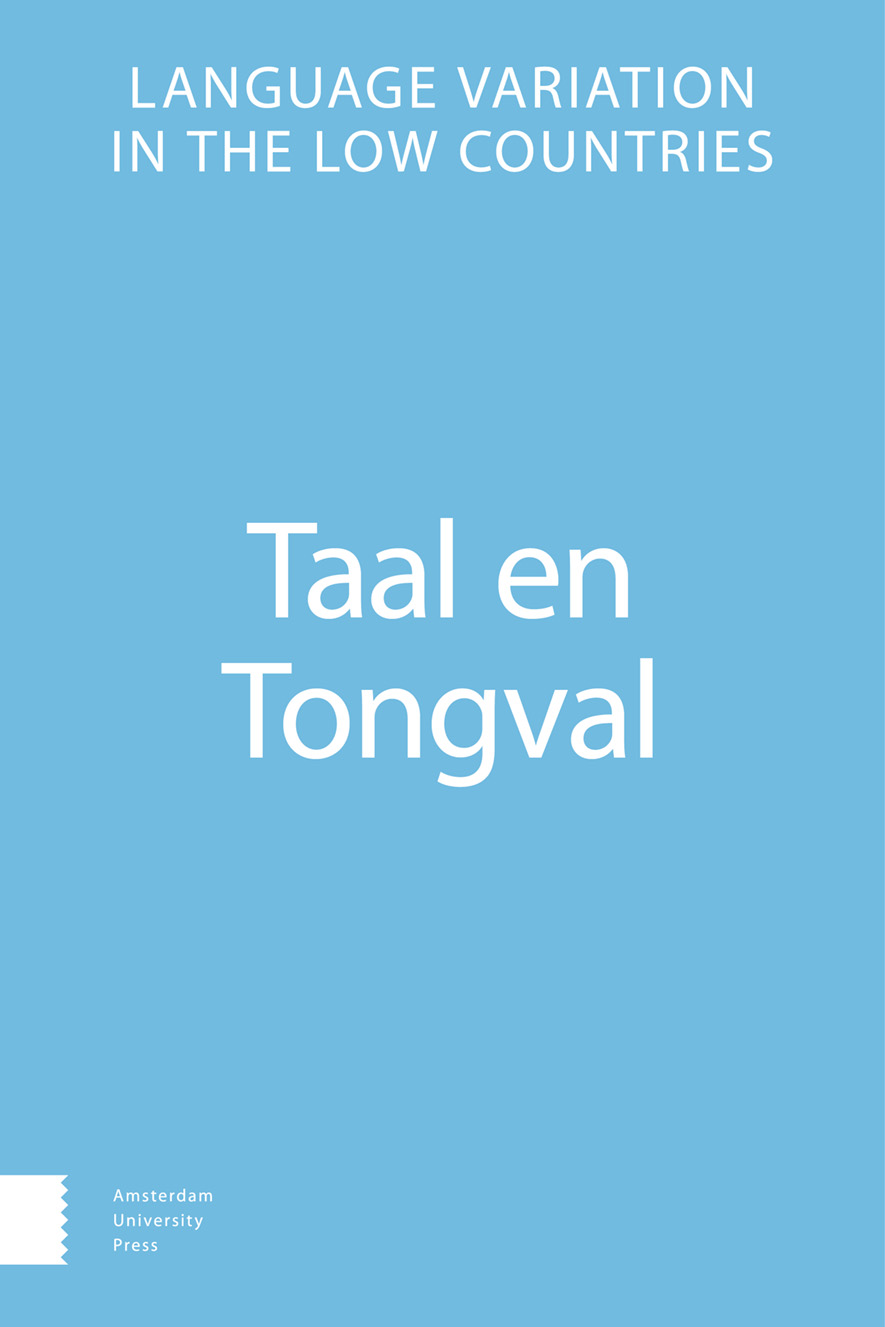- Home
- A-Z Publicaties
- Taal en Tongval
- Huidige nummer
Taal en Tongval - Current Issue
Volume 77, Issue 1, 2025
- Article
-
-
-
oa Laboratory studies on artificial sociolinguistic language learning: A PRISMA systematic review
Meer MinderAuteurs: Moira Van Puyvelde, Laura Rosseel, Eline Zenner & Dirk SpeelmanAbstract While sociolinguistic research has traditionally paid much attention to what social patterns underlie variation in language, the question of how language users learn the social meanings associated with linguistic variants is still largely underexplored. In that regard, the laboratory provides a controlled environment to isolate specific aspects of the acquisition process, whereas this is more difficult to accomplish in ob Read More
-
-
-
oa Acquiring regional and national stereotypes
Meer MinderAuteurs: Anne Renzel & Gunther De VogelaerAbstract Even though adolescence is well-known to be a key period for the acquisition of both language-internal variation and foreign languages, there seems to be little research on how attitudes develop during that period. This study tries to mend this gap in our knowledge by using a speaker evaluation experiment, in which both the national languages spoken in the Dutch-German border region (Dutch, German) and local diale Read More
-
-
-
oa The Dutch gender-neutral pronoun die: more accepted for generic than for specific reference
Meer MinderAuteurs: Sofie Decock, Sarah Van Hoof, Lou-Lou Vanrobaeys, Hanne Verhaegen & Chloé VincentAbstract Research on English singular they and Swedish hen indicates that gender-neutral pronouns for specific (nonbinary) reference are less accepted than for generic reference. This raises the question whether this greater acceptance of the generic usage of gender-neutral pronouns also applies to Dutch, a language in which the generic use of the masculine pronoun hij is still common, and in which the metadiscourse Read More
-
-
-
oa Processing social meaning in exemplar theory: Testing the role of lexical and sub-lexical representations in accent recognition
Meer MinderDoor Hielke VriesendorpAbstract The way sociolinguistic research tends to conceptualize how social meaning is perceived is seemingly at odds with how it is conceptualized in the main cognitive speech processing theory used in sociolinguistic processing research: exemplar theory. The sociolinguistic research more broadly often focuses on how sub-lexical, often segmental variants are perceived and used to convey social meanings, while exemplar t Read More
-
Volumes & issues
Most Read This Month Most Read RSS feed
Article
content/journals/00398691
Journal
10
5
false
nl

Most Cited Most Cited RSS feed
-
-
oa Taaldiversiteit in Nederland
Auteurs: Hans Schmeets & Leonie Cornips
-
- More Less

